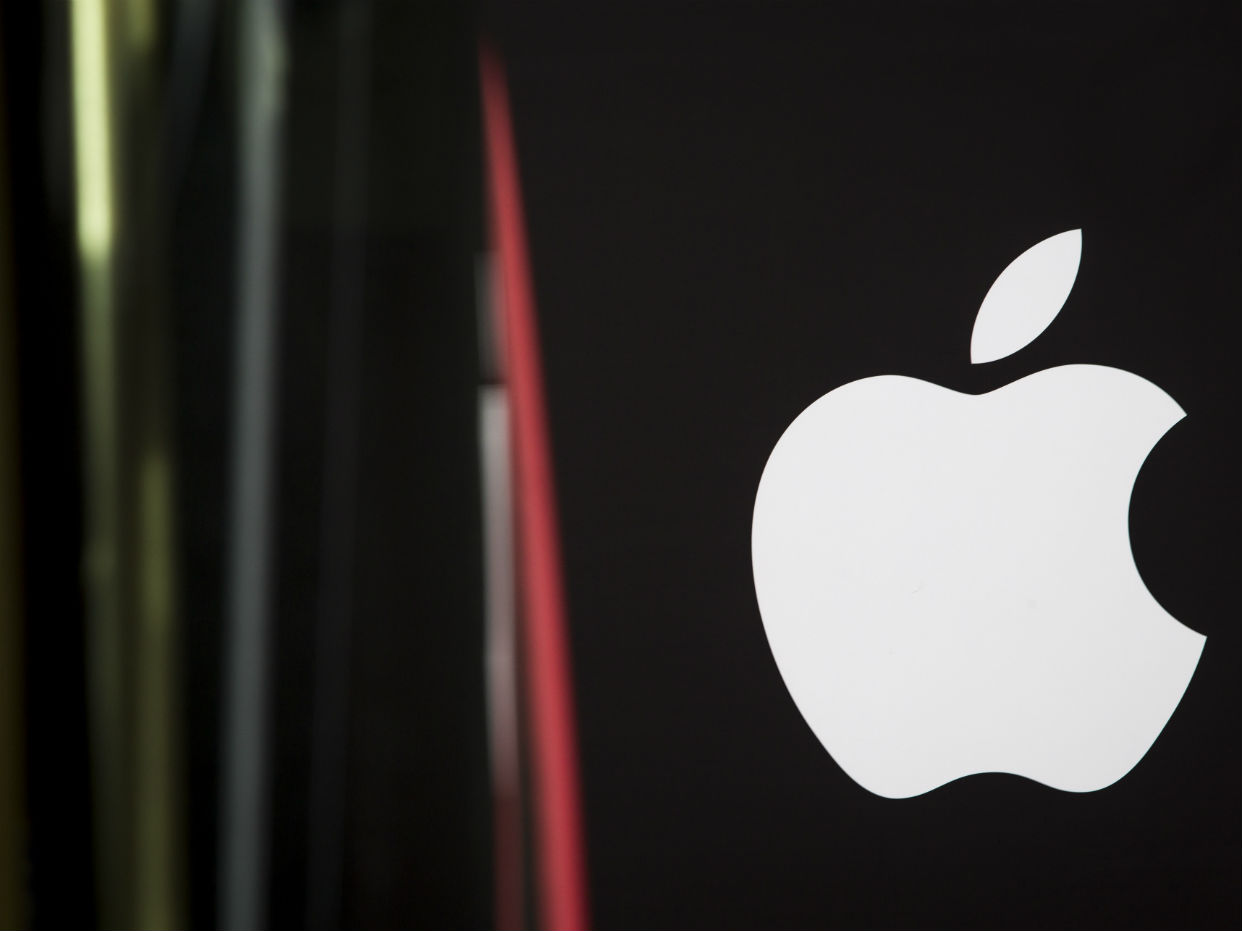Apple set to develop 'Neural Engine' for AI devices
Reports say the dedicated AI processor could speed up 'image recognition' and improve battery life

A free daily email with the biggest news stories of the day – and the best features from TheWeek.com
You are now subscribed
Your newsletter sign-up was successful
Apple is developing a dedicated processor designed to handle artificial intelligence (AI) tasks, Bloomberg reports.
Dubbed the "Apple Neural Engine", the website says the processor could "improve the way the company's devices handle tasks that would otherwise require human intelligence".
The company's latest smartphone, the iPhone 7, currently runs some of its AI tasks using the image signal processor and the graphics processing unit integrated on its A10 Fusion chip, says Forbes.
The Week
Escape your echo chamber. Get the facts behind the news, plus analysis from multiple perspectives.

Sign up for The Week's Free Newsletters
From our morning news briefing to a weekly Good News Newsletter, get the best of The Week delivered directly to your inbox.
From our morning news briefing to a weekly Good News Newsletter, get the best of The Week delivered directly to your inbox.
"By having a more dedicated processor to more efficiently run those algorithms, Apple could speed up the image recognition as well as reduce drain on the iPhone's battery", the site adds.
While the Cupertino-based company has bundled its Siri AI assistant on its smartphones since 2011, Bloomberg says that the firm's "early advantage in voice-recognition" has since been overtaken by the likes of the Amazon Echo and Google Home.
But a dedicated AI processor could be integrated into devices such as driverless cars and "gadgets that run augmented reality (AR)", adds the site, helping the company regain its advantage in consumer AI.
A processor designed solely for AI tasks would not be the first chip dedicated to iPhone functions, says MacRumors, as all Apple smartphones since 2013's iPhone 5S "have included a motion coprocessor used to collect and store sensor data".
A free daily email with the biggest news stories of the day – and the best features from TheWeek.com
The motion coprocessor can continually track movement and other sensor data "without using significant battery" on iPhones and iPads, which the site says can also run functions such as the "Hey Siri" voice command system.
It's not yet known whether the "Neural Engine" will appear on Apple's rumoured iPhone 8 later this year, but AppleInsider suggests that the AI processor could be announced at the company's Worldwide Developers Conference (WWDC) event, which runs from 5 to 9 June.
-
 The ‘ravenous’ demand for Cornish minerals
The ‘ravenous’ demand for Cornish mineralsUnder the Radar Growing need for critical minerals to power tech has intensified ‘appetite’ for lithium, which could be a ‘huge boon’ for local economy
-
 Why are election experts taking Trump’s midterm threats seriously?
Why are election experts taking Trump’s midterm threats seriously?IN THE SPOTLIGHT As the president muses about polling place deployments and a centralized electoral system aimed at one-party control, lawmakers are taking this administration at its word
-
 ‘Restaurateurs have become millionaires’
‘Restaurateurs have become millionaires’Instant Opinion Opinion, comment and editorials of the day
-
 Will AI kill the smartphone?
Will AI kill the smartphone?In The Spotlight OpenAI and Meta want to unseat the ‘Lennon and McCartney’ of the gadget era
-
 Claude Code: Anthropic’s wildly popular AI coding app
Claude Code: Anthropic’s wildly popular AI coding appThe Explainer Engineers and noncoders alike are helping the app go viral
-
 Will regulators put a stop to Grok’s deepfake porn images of real people?
Will regulators put a stop to Grok’s deepfake porn images of real people?Today’s Big Question Users command AI chatbot to undress pictures of women and children
-
 Most data centers are being built in the wrong climate
Most data centers are being built in the wrong climateThe explainer Data centers require substantial water and energy. But certain locations are more strained than others, mainly due to rising temperatures.
-
 The dark side of how kids are using AI
The dark side of how kids are using AIUnder the Radar Chatbots have become places where children ‘talk about violence, explore romantic or sexual roleplay, and seek advice when no adult is watching’
-
 Why 2025 was a pivotal year for AI
Why 2025 was a pivotal year for AITalking Point The ‘hype’ and ‘hopes’ around artificial intelligence are ‘like nothing the world has seen before’
-
 AI griefbots create a computerized afterlife
AI griefbots create a computerized afterlifeUnder the Radar Some say the machines help people mourn; others are skeptical
-
 The robot revolution
The robot revolutionFeature Advances in tech and AI are producing android machine workers. What will that mean for humans?